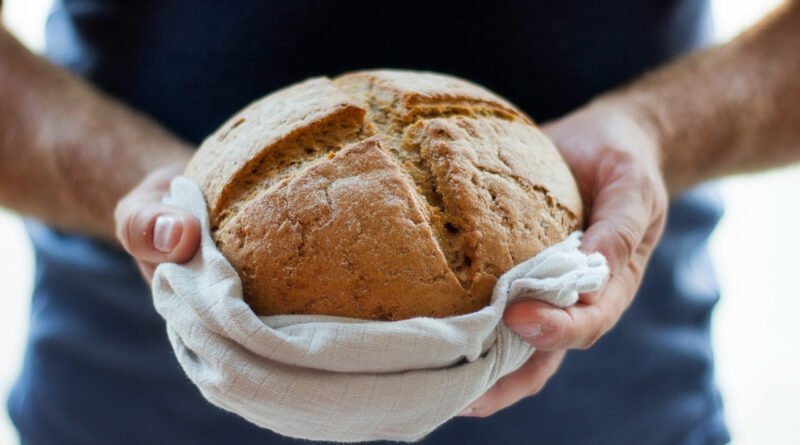We don’t believe in god. We believe in GOOD.
We don’t believe in god. We believe in GOOD. For ourselves; for one another; for all living creatures; and for the Earth. Goodness, empathy, and reason right here and right now produce tangible results and – unlike god – can withstand scrutiny.
We don’t hope “someone” will take care of our business. We actually mind it ourselves.
The difference between believing in god and believing in good is: priorities and approach.
When you believe in god, worship or prayer comes first followed by a wait and hope.
When you believe in good, you identify a need and do your best to meet it.
The results are different too. While the believer is soothed, hopeful, and waiting for a miracle; the non-believer performed a bunch of “miracles” already.
Why? Faith is passive, requires little effort, and relieves the believer from responsibility for his or her actions. Ethics is active, it comes to life when we act on our values. An ethical life is active, involves effort, comes with responsibilities, and produces measurable results.
In the aftermath, the believer is often disappointed; while the non-believer is empowered because while the believer sat anticipating a miracle; the non-believer made a positive difference.
Humanists believe in good
The good for yourself
You are your personal powerhouse. You chose your values. You decide whether or not to act on them. You have the power to take action. To be able to act wisely and effectively, you have to be well on every level.
Taking care of yourself first is the foundation of everything; it ensures you make the right decisions and take the right actions.
You are powerful and like any other powerful equipment – think of a computer or automobile – have maintenance needs that must be met. Your physical needs, intellectual needs, spiritual, and emotional needs have to be satisfied for you to be at your optimal best.
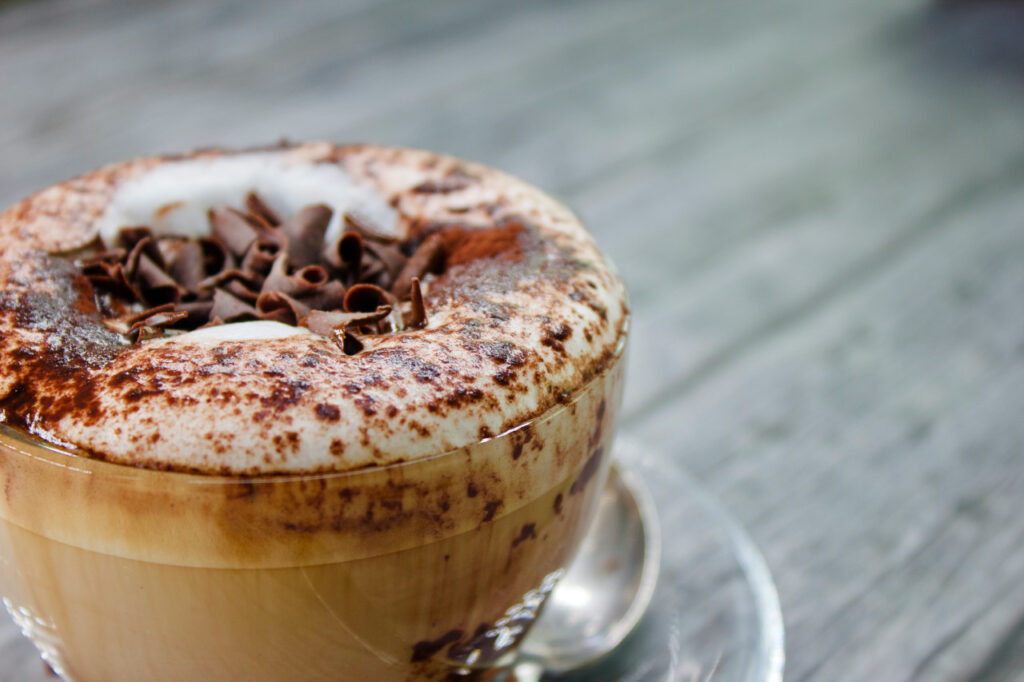
You can’t – and more importantly, SHOULDN’T! – pour from an empty cup.
The good for others
We don’t exist outside of a social context.
When you are good to yourself you are not only on top of your game but you realize what it takes to be well, capable, and effective. It also helps you empathize with others.
When you are at your best, you experience satisfaction and recognize the value of being well, strong, and capable. You are better able to recognize the lack of these in others. By experiencing your own wellness, you can empathize with those who aren’t well.
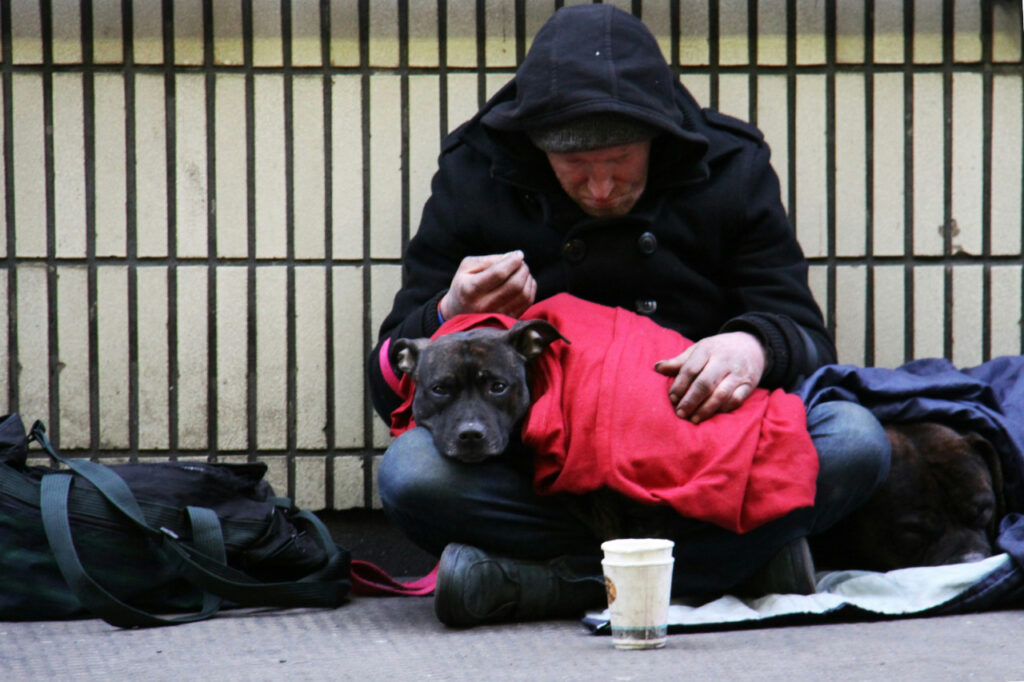
When you are in good shape, you have plenty to give and share. If you couldn’t – for whatever reason – meet your needs yourself, you’d have to lean on others for support.
Being depleted, deprived, or denied is tough. Having to depend on others for help in restoring our wholeness can be tougher. Relieving the suffering of others is our duty. Relieving it while upholding their dignity is a virtue.
The good for all living creatures
We are not more or better than other life forms. We are not the landlords of the Earth.
Every living creature has the same right to live as we do. Every life serves a purpose in the larger scheme of things.
Saving elephants, whales, wolves, etc. matters.
Reconsidering our dietary habits matters. No one should be conceived, born, and raised for the sole purpose of getting killed for meat. Domestic animals are sentient (they have minds and feelings). Our treatment of animals in industrial farming is beyond cruel!
Just imagine what would happen if another species controlled us and enjoyed the flavor of human flesh…… The imprisoned animals in factory farms have no way to escape, spend their whole lives indoors, hopeless and helpless, and worst of all: aware of their future.
And then, there are animal shelters that are costly to maintain and manage overcrowding by euthanasia… No dog, cat, or any other creature, deserves to be neglected, mistreated, and/or dumped in an animal shelter.
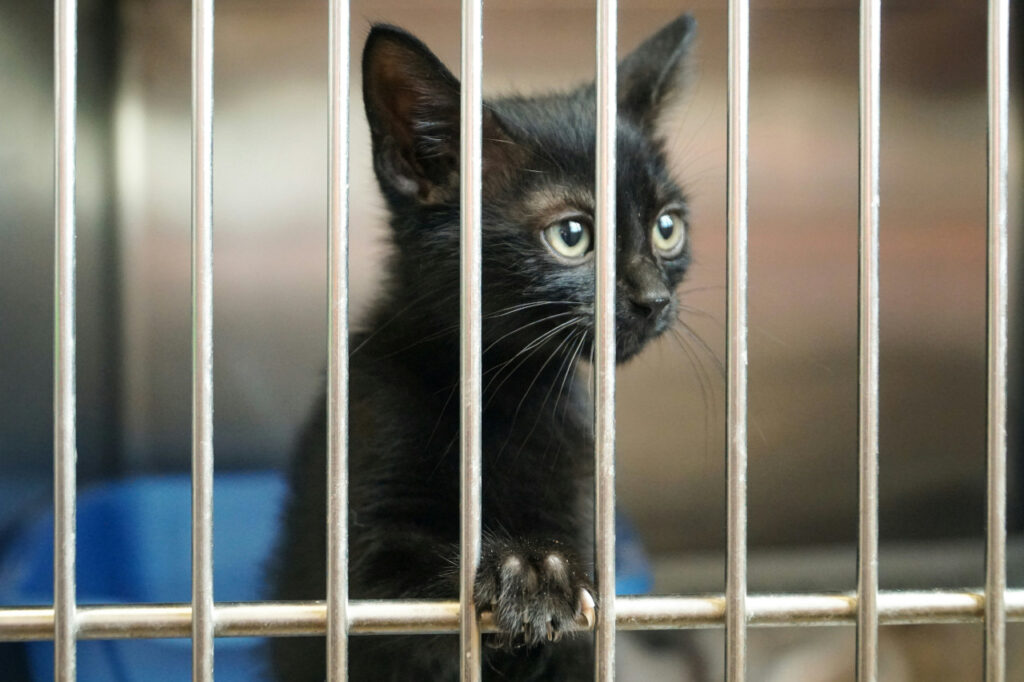
We are more, better, and healthier with an animal companion. They protect our mental health and restore our emotional health. Adopt, adopt, adopt! You may not have the power to save a rhino, whale, or elephant but you could be a hero to a dog or a cat on death row.
The good for the Earth
The Earth is the foundation of life. We are merely passers-by. There were countless generations before us from whom we inherited the Earth. It’s our duty to pass on an ecosystem that’s not depleted, injured, or overheated to next generations.
Preserving the natural environment isn’t an act of empathy or charity but an expression of intelligence and commitment to OUR self-preservation. As the wise Native Indians say: “We can’t eat money and drink petroleum oil.” Our civilization should be an addition to the ecosystem, it isn’t – and can’t be! – a substitute for the ecosystem.
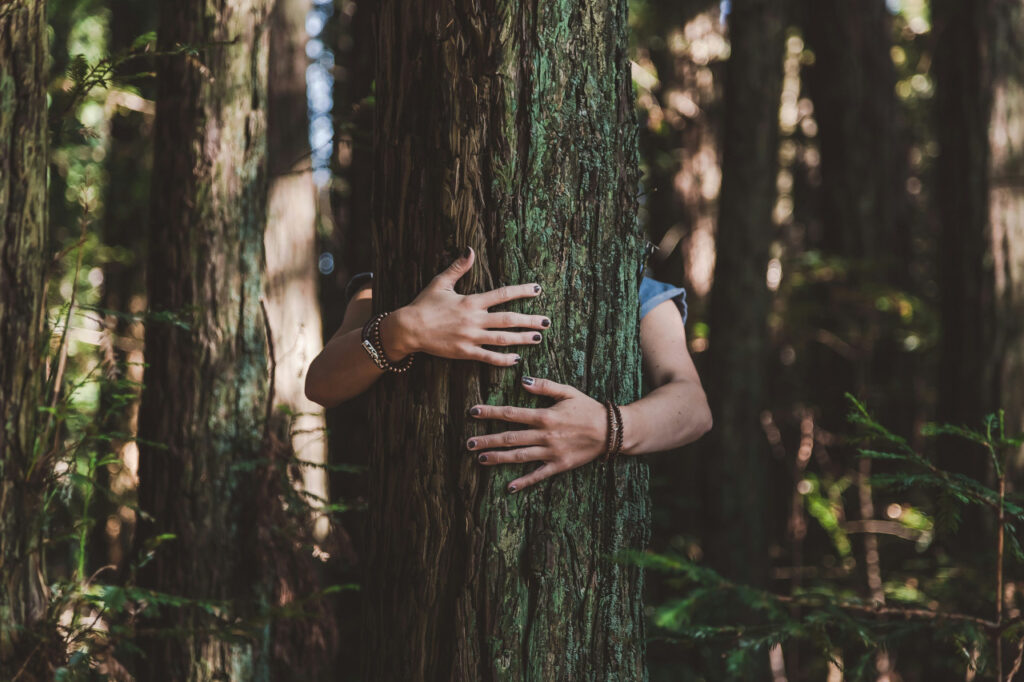
Striving to live sustainably, and actively participating in environmental restoration and preservation, developing an awareness of our own destructive impact on the environment and modifying our shopping and trash-generating behaviors has to be a part of being a self-aware human being.
Reason
Facts and actions – not beliefs – rule our reality. It may be comforting to assume that god – not you – is responsible for the state of the world. But based on your life’s experience, did you ever succeed by ducking responsibility for your actions?
Being responsible isn’t always easy. But acting responsibly produces power. Every time you are good to yourself; to others; to any living creature; and to the Earth you exercise your power over reality.

